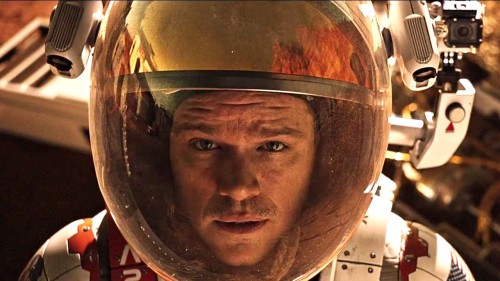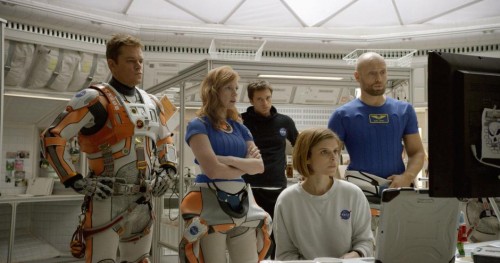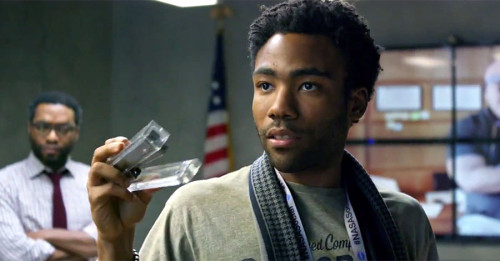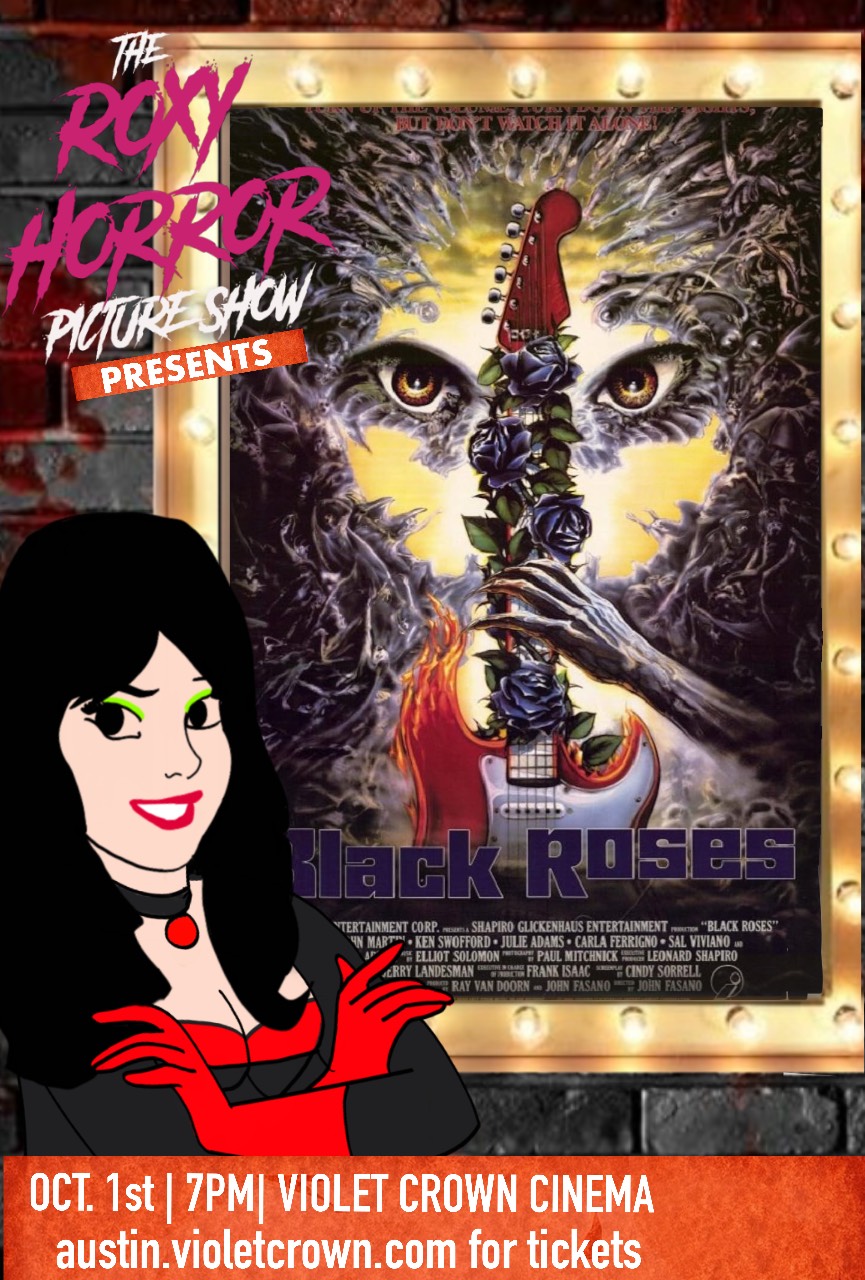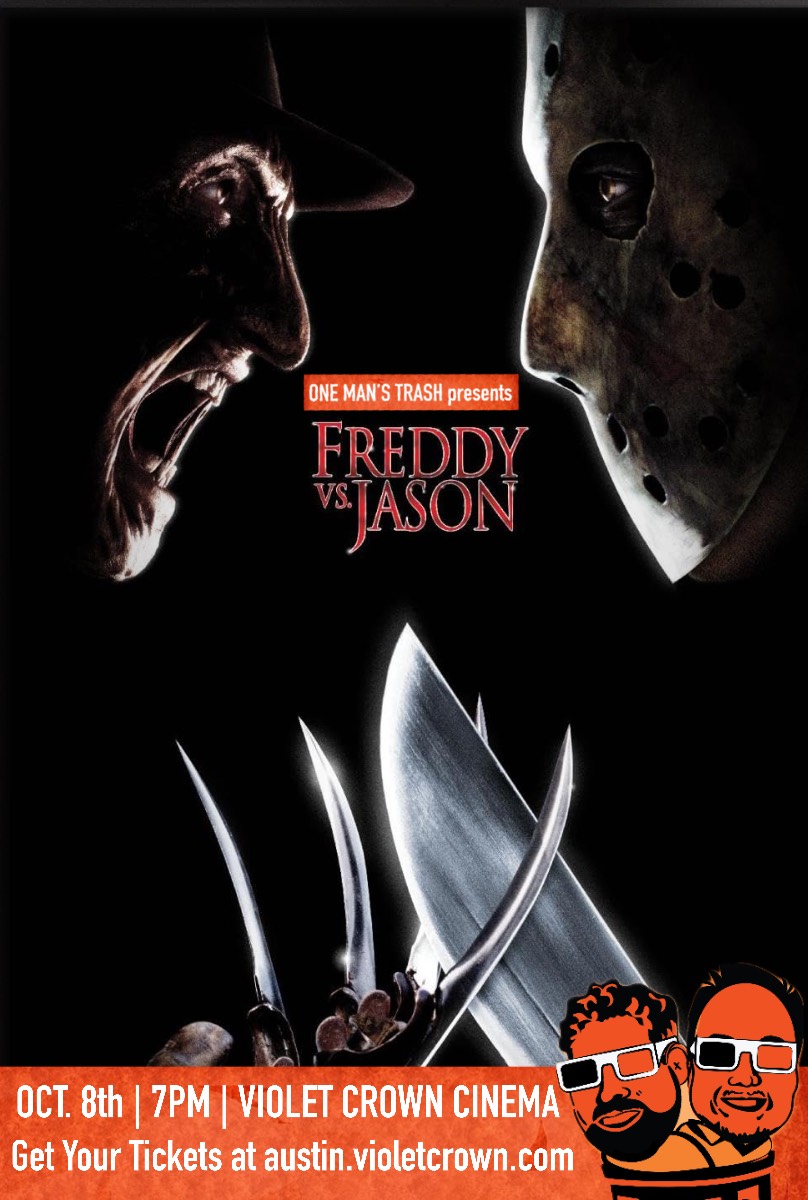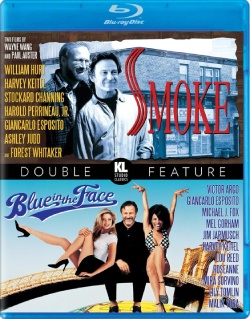Upon hearing the announcement of a new space movie directed by Ridley Scott, I felt a rush of excitement tickle up my spine. Ridley Scott is simply a thrilling director for so many reasons. He takes risks in a way that very few directors have the balls to do. And when his projects find that sweet spot combination of groundbreaking conceptualism with solid filmmaking, they resonate in the film community like a boisterous cannon! And yes, naysayers, he has made some painful clunkers, but don’t they kind of add to the thrill of what might come next? I entered the movie theater for The Martian with goosebumps that only comes with anticipating the unknown. The lights dimmed, the audience shushed, and the Martian landscape filled the screen. Within minutes, I became aware that this movie is an example of cinematic brilliance, and if you love film as much as I do, you find yourself smiling at the silver screen, strapping in for a fabulous ride.
Let me start with my favorite aspect of any film, the esthetic. I find it hard to overcome poor composition, regardless of the caliber of the writing or acting. It’s an unforgivable flaw to be sloppy with the image. It’s folly to not give weight to how the camera, lighting, and set design can induce emotion from the audience, or even directly affect the plot and character development. Ridley surpasses my expectations of beautiful film composition with The Martian. Every scene is a purposefully crafted portrait and your eyes are treated to a decadent point of view at every turn. The movie flows seamlessly and poetically, with every inch of the screen filled with gorgeous imagery. Ridley shies away from pretentious techniques and doesn’t insult the audience with “negative space” techniques, obnoxious shaky-cam, or overtly ridiculous close-ups. Mr. Nolan should take note, never once did I feel the need for a dose of Dramamine or to roll my eyes at a particularly bad camera angle. (*Ahem*, Interstellar) The audience is treated to an expanse of fantastic visuals in The Martian.
Moving on to the plot, it’s a combination of an intimate survival story and a long-term rescue mission. During an unexpected abortion of the Ares III mission, NASA botanist, Mark Watney played by Matt Damon, is left behind on Mars, after an accident separates him from the crew. The odds are stacked high against our resourceful hero, and the brilliant minds that are working tirelessly to bring him home, as he struggles to survive. There are a lot of moving pieces and quite a bit of information to share with the audience. Ridley organizes the entire adventure with a practical hand that ties in nicely with the overall theme of the film as well as with surprising humor. Each obstacle that poor Watney must face is explained simply through snappy writing, before we watch him devise and execute a solution in a MacGyver-in-space fashion. With each challenge that comes up, the audience is reminded of the potential of human ingenuity and the tenacity of hope.
The performances are great by all involved. Matt Damon doesn’t fail us as Watney and his endearing positivity in the face of terrible adversity is continuously uplifting. The movie deals with very heavy situations, and yet, it never weighs you down. Each disappointing turn of events, and mind you, there are plenty to be had when trying to survive alone on Mars, fuels Watney to find a solution. Ridley is careful to never let the film focus on despair or loneliness, and Damon’s performance embodies the qualities of hope, perseverance, and a feisty energy to tackle problems with the power of his training and intellect. Jeff Daniels, Benedict Wong, and Donald Glover treat us to some spectacular supportive performances that are worth highlighting as well.
Relevancy abounds in this wonderful film, but in a way that is timeless. Sure, Ridley makes an obvious plea for peace between China and the United States, but the true lesson of the movie is captured over and over again throughout the movie. No matter how big of a problem we encounter, no matter how hopeless our challenges may seem, humankind can overcome these problems using cooperation and human ingenuity, fueled by a can-do attitude that overwhelms our bassist fears and insecurities. Fear is not the answer, panic is not the answer. Life can triumph over adversity of any magnitude with hard work, problem solving, and laying down political gains for the common good of each and all of us. Ridley tells us that we can come together and pool our brilliance to solve enormous crisises. In the violent, polluted, and impoverished state of the world today, what more powerful message could possibly be shared among us?
A million thank-yous to you Mr. Scott! This is the kind of story that mankind hungers for in our era. May The Martian shine on as a cinematic masterpiece and a beacon of the hope that you see in all of us.
Thanks for reading,
Diva Del Mar


